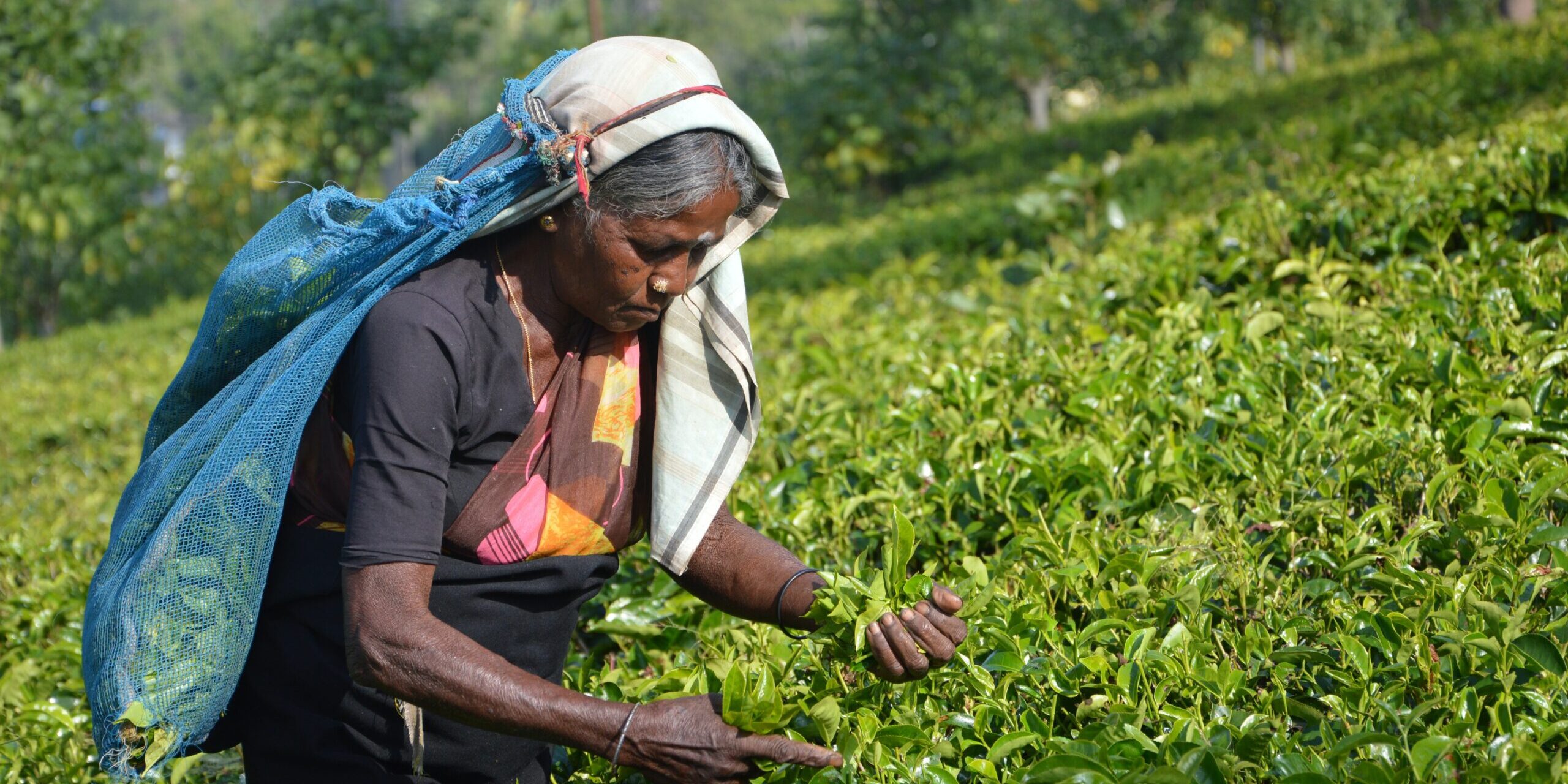By Joseph Solis-Mullen
With Sri Lanka’s short-lived green revolution of 2021 having quickly devolved into a real revolution just one year later, complete with the ouster of former president Gotabaya Rajapaksa’s incompetent and authoritarian government this past week, now is a good time to hammer home not only why the effort failed, but why so-called ESG (environmental, social, and governance) policies and the green energy movement more generally are hopeless and destructive wastes of time.
First, facing financial difficulties largely the result of taking on heaps of Chinese loans for projects of questionable or outright nonexistent value, Rajapaksa’s government abruptly informed its overwhelmingly agricultural society that its farmers would no longer be allowed to use the petrochemical fertilizers, herbicides, and pesticides that made feeding the population of tens of millions possible. Forced to go organic, Rajapaksa, suddenly the darling of Western environmentalists everywhere, watched as his countrymen fell quickly into starvation and poverty. Twenty percent drop-offs in the production of rice and tea, the country’s staples, led to inflation of over 50 percent and to nine out of every ten Sri Lankan families skipping meals each day.
While no economy or society could have been expected to handle such a food-supply-disrupting decree without immense suffering, let alone a poor and civil-war-wracked state like Sri Lanka, the truth is that modern life as we know it is simply not possible without fossil fuels and their byproducts.
With congressional Republicans and Democratic senators like Joe Manchin and Kyrsten Sinema virtually all that stands in the way of the United States pursuing similarly misguided policies, the facts about the hopeless inadequacies of green energy and ESG-related policies need to be made clear.
Let’s start with food.
They aren’t without their downsides, but the truth is that without petrochemical fertilizers, herbicides, and pesticides, global agricultural output would plummet. Billions of the world’s poorest would face literal starvation, and everyone else would face skyrocketing prices. As far as going organic is concerned, actual empirical work reveals (unsurprisingly) that organic farms use more land and more energy than their nonorganic counterparts.
So, you can go green, or you can go organic: but you can’t do both.
Read the entire article here: Mises Institute











